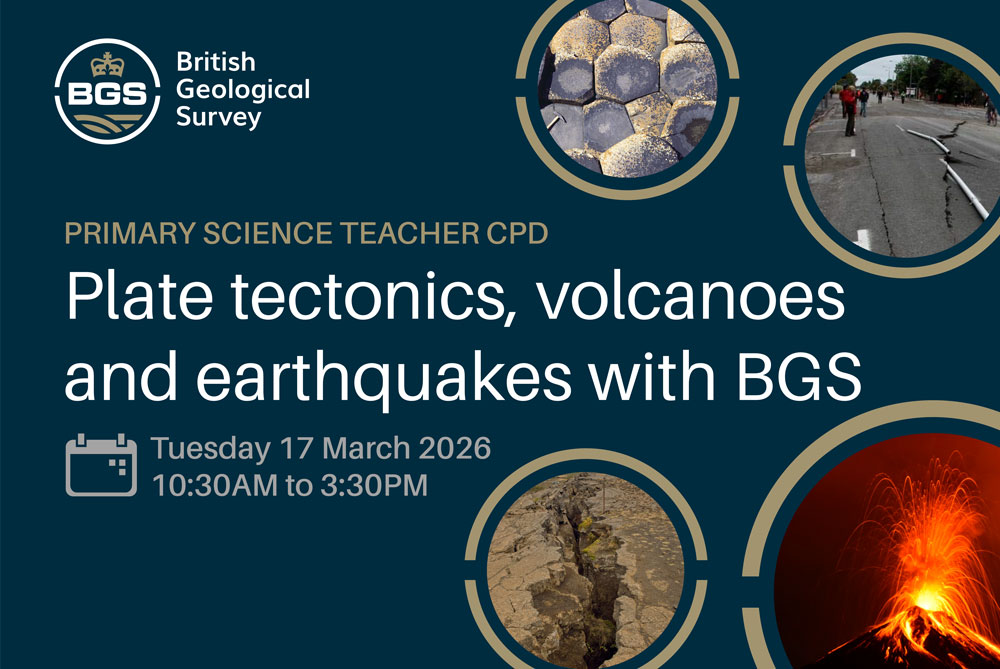New BGS Chief Scientist for multi-hazards and resilience announced
Prof Jonathan Chambers has been appointed as the new BGS Chief Scientist for multi-hazards and resilience, effective from 1 June 2024.
09/05/2024 By BGS Press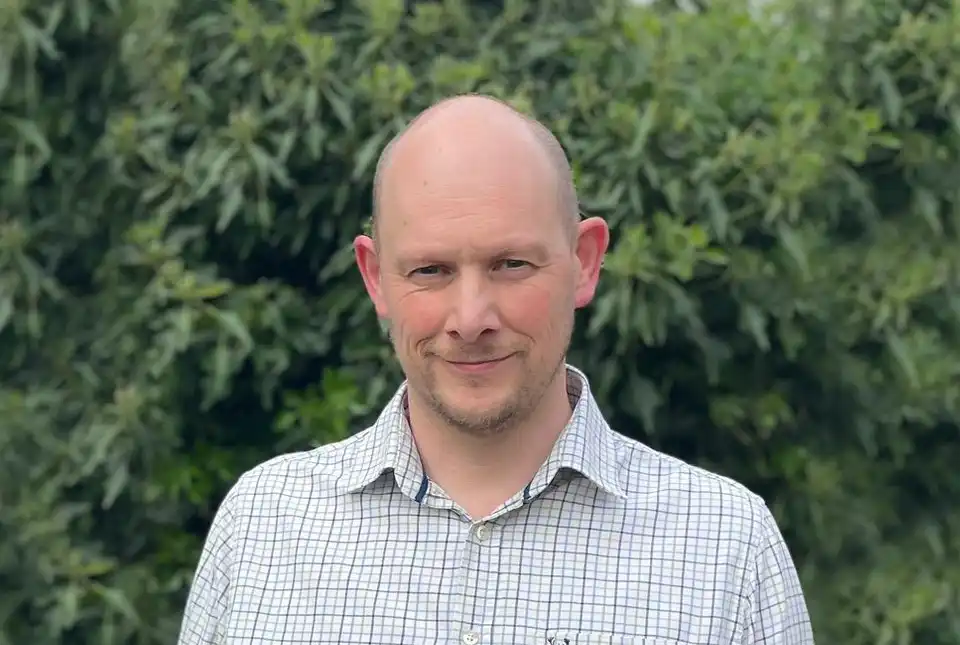
BGS’s multi-hazards and resilience (MHR) science challenge area engages with partners in the UK and internationally to support communities, governments and industry in building resilience to hazardous events. Jonathan will oversee the delivery of fundamental scientific research into risk mitigation and adaption to geological and associated environmental hazards through improved characterisation, monitoring, forecasting and information delivery.
Based at the BGS Headquarters in Keyworth, Nottingham, but working across all BGS sites, this role involves leadership of around 100 scientific and technical staff. One of Jonathan’s first tasks will be to work alongside other members of the BGS Senior Management Board and Science Strategy Group to implement and deliver the new BGS Business Plan.
Jonathan is an engineering geophysicist with more than 25 years of experience in subsurface imaging and monitoring. His recent research has focused on geohazard characterisation, landslide early warning and the development of innovative technologies for assessing environmental impacts on critical infrastructure, including risks associated with cascading hazards. He has a strong focus on innovation and the translation of research findings into tangible benefits for stakeholders in industry, academia and government.
Jonathan currently leads the BGS Shallow Geohazards and Earth Observation capability, which comprises the geodesy and remote sensing, engineering geology, environmental and engineering geophysics and coasts and estuaries teams, as well as the BGS Research and Development Workshop Facility. He is also a UKRI Individual Merit Promotion scientist.
I am delighted to be taking on the role of BGS Chief Scientist for multi-hazards and resilience. BGS has a crucial role to play in the efforts to enhance societal resilience to geohazards and multi-hazards in the UK and internationally. I am very excited for this new opportunity to work with my colleagues and partners to deliver cutting-edge research, real-world solutions and geoscientific knowledge to support policy and decision makers for the wider public good.
Prof Jonathan Chambers.
On behalf of BGS and the BGS Board, we are thrilled to welcome Jonathan into this important role. His proven track record in shallow hazards research and his expertise in providing solutions for societal resilience to geohazards and multi-hazards in the UK and internationally will be paramount in supporting and delivering the BGS Strategy and Business Plan.
Dr Karen Hanghøj, BGS Director.
Relative topics
Related news
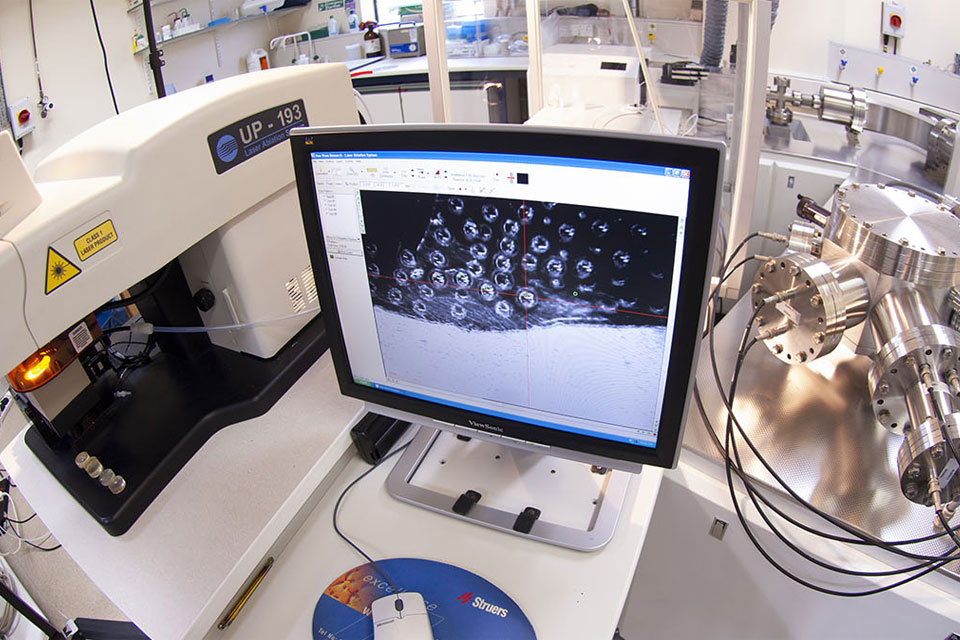
Call for new members and Chair to join the NERC facilities steering committees
25/02/2026
New members are needed to join the committees over the next four years.

Your views wanted – developing a ‘Geothermal energy subsurface data portfolio’
24/02/2026
BGS is aiming to support the growth of the sector by providing the best-available, location-specific geothermal and ground source heat information as an accessible product or service.
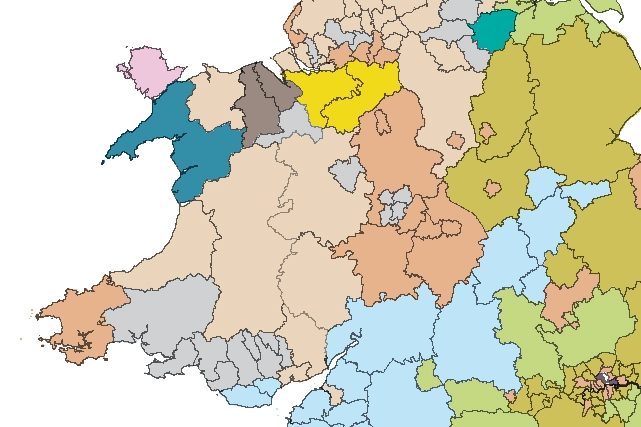
Map of BGS BritPits showing the distribution of worked mineral commodities across the country
18/02/2026
BGS’s data scientists have generated a summary map of the most commonly extracted mineral commodities by local authority area, demonstrating the diverse nature of British mineral resources.
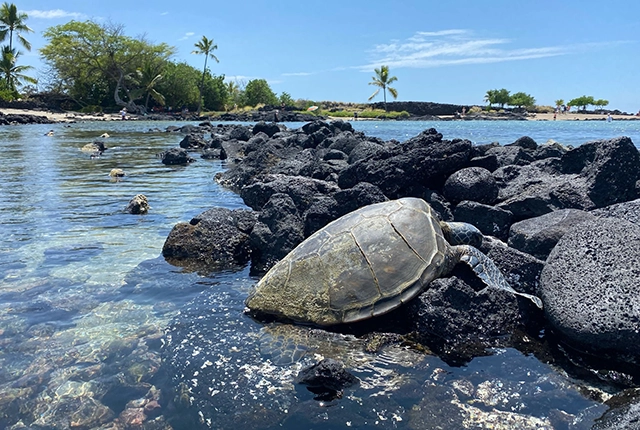
MARC Conference 2025: highlighting the importance of conferences to PhD students
16/02/2026
BGS and University of Nottingham PhD student Paulina Baranowska shares her experience presenting her research on nuclear forensics at her first international conference.

Funding awarded to map the stocks and flows of technology metals in everyday electronic devices
12/02/2026
A new BGS project has been awarded Circular Electricals funding from Material Focus to investigate the use of technology metals in everyday electrical items.

New UK/Chile partnership prioritises sustainable practices around critical raw materials
09/02/2026
BGS and Chile’s Servicio Nacional de Geología y Minería have signed a bilateral scientific partnership to support research into critical raw materials and sustainable practices.

Extensive freshened water confirmed beneath the ocean floor off the coast of New England for the first time
09/02/2026
BGS is part of the international team that has discovered the first detailed evidence of long-suspected, hidden, freshwater aquifers.

Funding secured to help mitigate ground risk in UK construction sector
05/02/2026
The BGS Common Ground project has been awarded new funding to help unlock the value of ground investigation data.

After-school kids’ clubs
Event from 25/02/2026 to 25/03/2026
An after school club for junior geology enthusiasts

Can sandstones under the North Sea unlock the UK’s carbon storage potential?
02/02/2026
For the UK to reach its ambitious target of storing 170 million tonnes of carbon dioxide per year by 2050, it will need to look beyond the current well-studied geographical areas.

Quaternary UK offshore data digitised for the first time
21/01/2026
The offshore wind industry will be boosted by the digitisation of a dataset showing the Quaternary geology at the seabed and the UK’s shallow subsurface.




